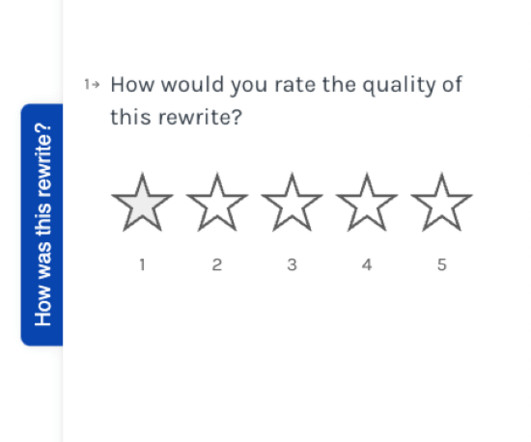Customer care in a crisis: How support teams are navigating shifts in volume, wait times, and CSAT
Intercom, Inc.
APRIL 7, 2020
” To find out, we surveyed 400 support managers, directors, and executives across both B2B and B2C and affected industries like media, healthcare, and technology. Inbound volume is spiking for half of support teams. The majority of B2B and B2C support teams – 54% and 61%, respectively – have taken this approach.















Let's personalize your content